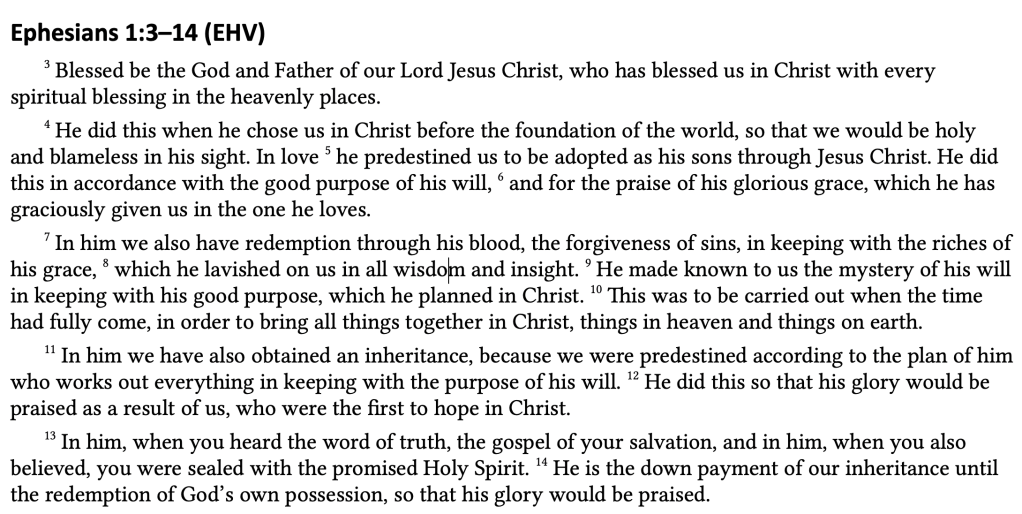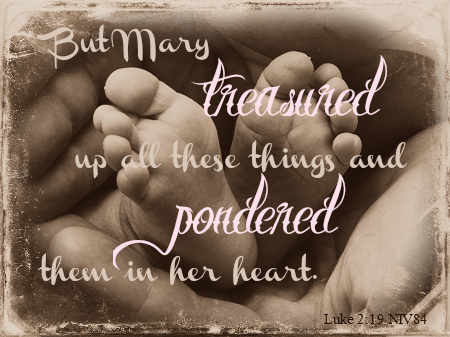Yeah, that title got my attention, too.
By “ugly” I am not referring to the missing person (our son), the homeless person, the one suffering from mental illness (our son). I am not setting up myself above as a judge of anyone in this post.
The ugly side of the “missing” is me, as a parent of a missing person, or more specifically, my attitude. Let me explain. But be warned, it is ugly.
Our older son has been missing off and on for the past 30 years. When he was 15 he would go missing for 2-4 days at a time. I would often drive around various neighboring cities trying to find him. On occasion I would find him under cardboard lean-tos, or abandoned houses, or police stations. He was diagnosed as bipolar in 1986.
By 18 he began his first stint in prison, and has been in prison five different times. So, in that sense he was missing; sometimes we learned he was in prison months after it took place. For more background, see this post.
Throughout that time, I struggled with any phone call. Was it the police? Did they find him dead somewhere? Was it him who was calling? Was he wanting only money for alcohol or drugs? I hated to answer the phone.
By the late 1990’s he was truly among the missing. We had not heard from him in 10 years. Finally we heard from him and met him on a trip to the other side of the country in March 2008. It was a good visit.
But I was waiting for the other shoe to drop. What was coming next?
He has been missing since that time.
So where’s the ugly? In my internal struggle.
For the past 30 years I dreaded getting a call that he was dead. But I also inwardly dreaded the thought that he was alive. And all that such a situation might entail. Could I live through another 30 years that were the same as they had been?
Several times I have watched the movie Bringing Ashley Home, based on the true story that Libba Phillips went through trying to find her sister, Ashley. It was close to what we experienced with our son. But I remember one scene when Libba’s mother said she had reached the end of trying to deal with Ashley’s life, disappearance, etc. And I have felt that same way at times.
It has taken time to deal with the ugliness of my attitude. Time to work through the forgiveness for my attitude. Time to reflect on my own frailties and limitations as a parent, as a person, as a Christian. Time to know once again, that it God’s strength—not mine—that allows me to live in the present. And yes, to confess that I still love him, and I want to see him some day.
This has been a difficult post to write, to expose my own failings, to relive the past, to realize how much it is part of my present.
But I can’t not share this. If it helps one person, then it is worth it. Perhaps other parents or family members have struggled inwardly with the same thing. Perhaps they will not feel lonely like I have many times over the past 28 years. Your feeling is not unusual, and you need not live under that cloud for weeks, months, or years.
=================
Update 2023
Our son has been radically changed. He is now studying in junior college (he only had an 8th grade education), has been working regularly, and faithfully reading the Bible. He calls 2-3 times/week. We give thanks to God for this dramactic change in him and for the difference it makes in our relationship with him. Praise God for His work!!






